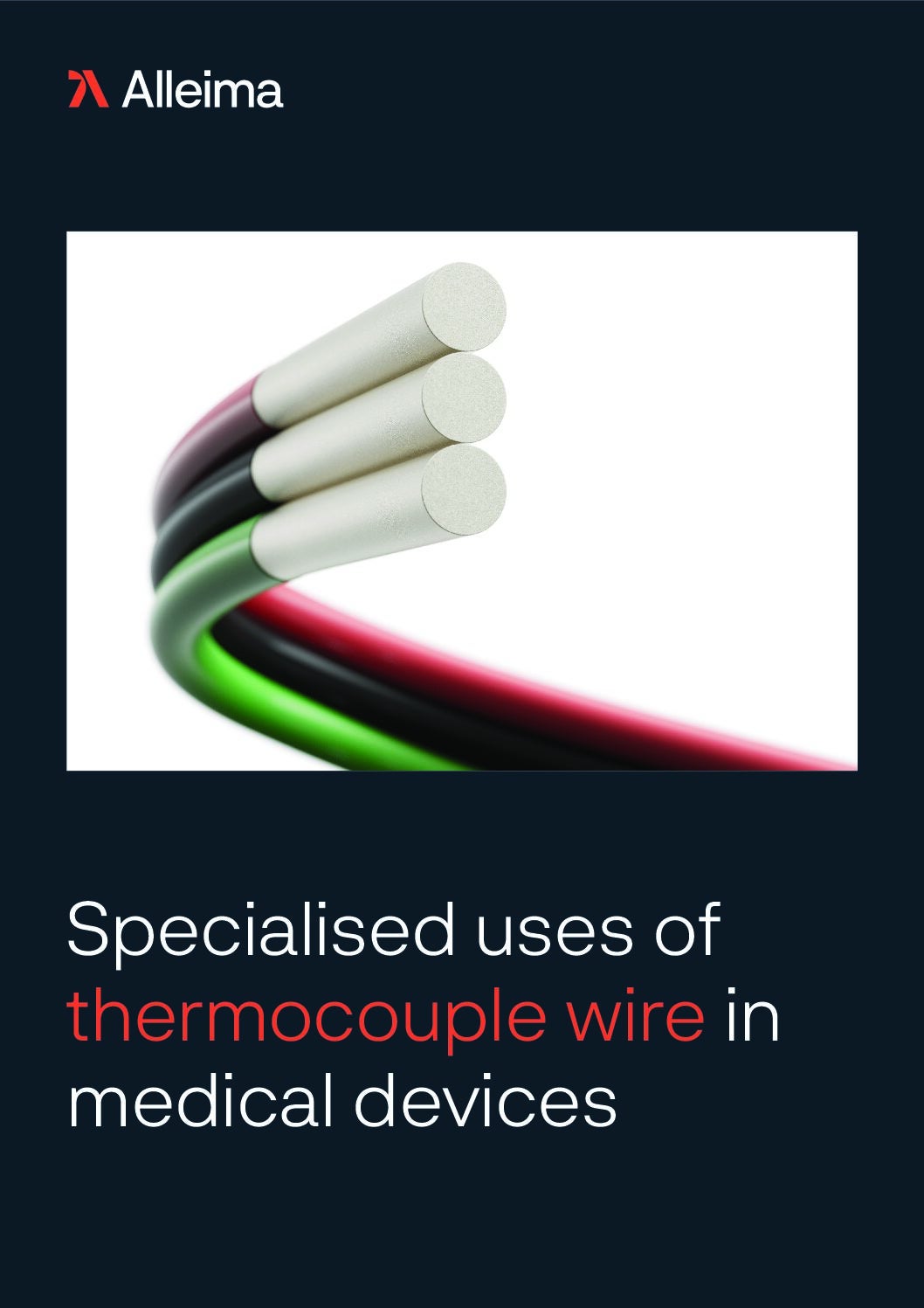
Medical technology is continually evolving to help patients to make a safe and speedy recovery from surgery. From laparoscopic and robotic surgery to miniaturised medical devices, patients can now return to their daily lives much faster, without the need for lengthy hospital stays.
Long recovery times are not only difficult for the patient, but they also put considerable strain on the healthcare industry. They can prove expensive, and many hospitals find themselves short on beds. With spikes in COVID-19 cases still being prevalent in many parts of the world, and backlogs for elective surgeries still being extensive since the height of the pandemic, shortening recovery times is more important now than ever.

Minimally invasive surgery with robotics
Laparoscopic and robotic surgery are preferred over open surgery since both enable shorter patient recovery times. According to a GlobalData report, the surgical robot market is set to grow, reaching $14.5 billion in 2030 in order to fill the demand for less invasive surgical interventions such as cardiovascular operations. The number of surgeries performed using surgical robotics is growing at a CAGR of 10.5% in the US from 2020 to 2030.
Medical robotics innovation is very promising for surgical interventions that require high levels of precision. According to the GlobalData report, Robotics in Medical: “Future developments in this field will focus more on preventive care and improving the quality of life for elderly patients by making many procedures less invasive, with an attendant reduction in recovery time and associated cost. Another application of medical robotics is nanosurgery, in which surgeons will use micro-robots to operate on individual cells.”
Miniaturised medical devices
Smaller medical devices make for less invasive procedural techniques, less trauma during surgeries, and shorter recovery times. Smaller devices in medical technology can range from swallowable cameras or ultra-fine pacemaker leads used during the surgery itself, to smaller and unobtrusive implantable monitoring devices such as CGMs and heart rate monitors. Miniaturised medical devices can reduce recovery time by days, or in some cases, eliminate the need for hospital needs entirely.
The miniaturisation of medical devices requires ultra-fine wire components, which demand precision cutting and wire grinding capabilities beyond what many medical device manufacturers have in-house. Many of these implantable miniaturised medical devices will need to last long term, meaning that the medical wire components need excellent fatigue resistance. Not only this, but they need to be extremely reliable and accurate in their ability to sense changes and transmit real-time data. Depending on the application, ultra-fine wire may need to be tightly coiled or comprise multifilar wire-constructions.
One stop shop
Alleima is a one-stop-shop solution provider for ultra-fine medical wire components branded Exera®. Working with medical device manufacturers from the design stage through to final production, Alleima utilises years of experience in metallurgy and process development to configure a component that is perfectly designed for the application, whether it be for deep brain stimulation, continuous glucose monitoring, or surgical tools.
To find out how Alleima can make an ideal partner for your medical device project, visit their website



